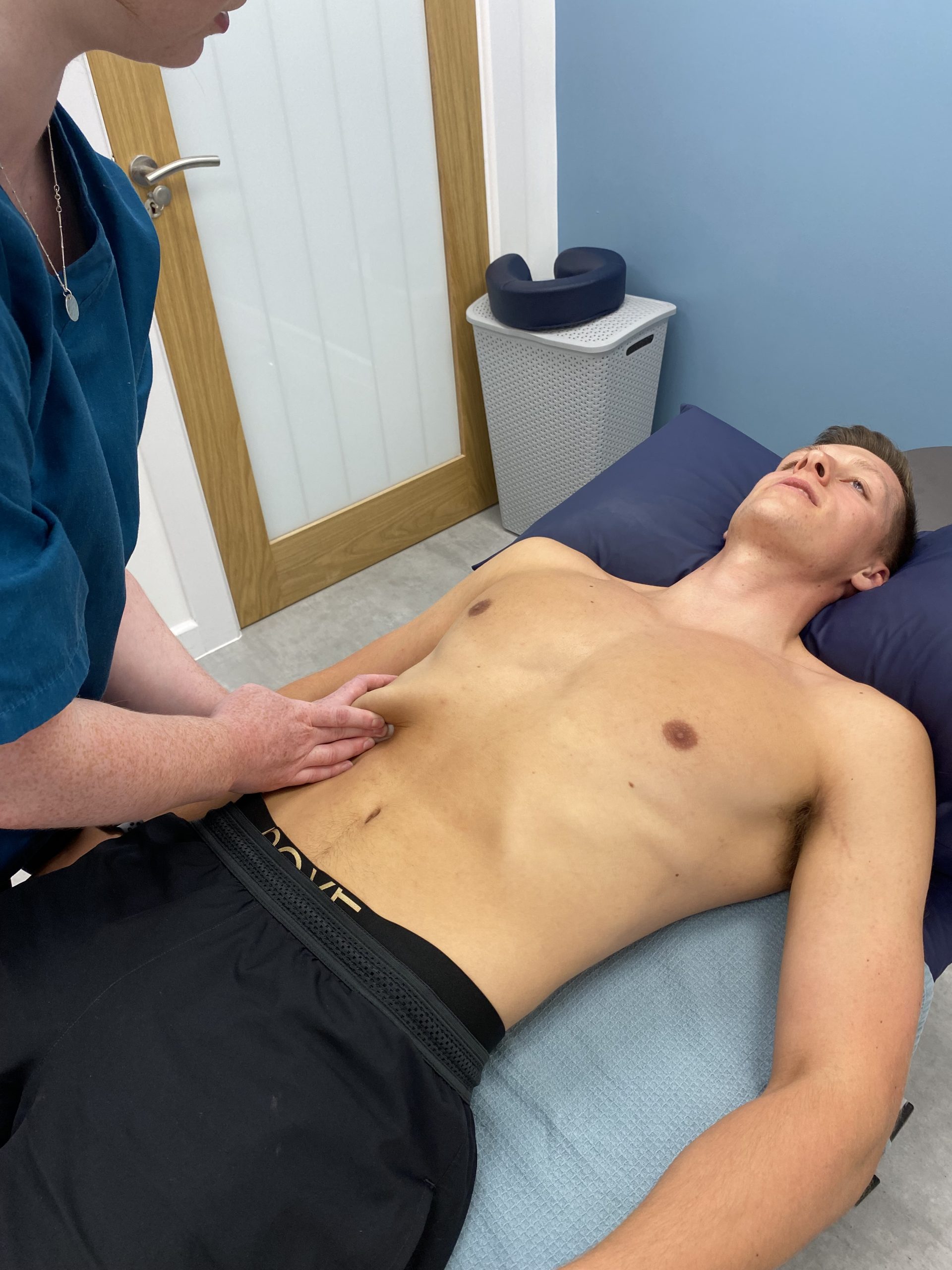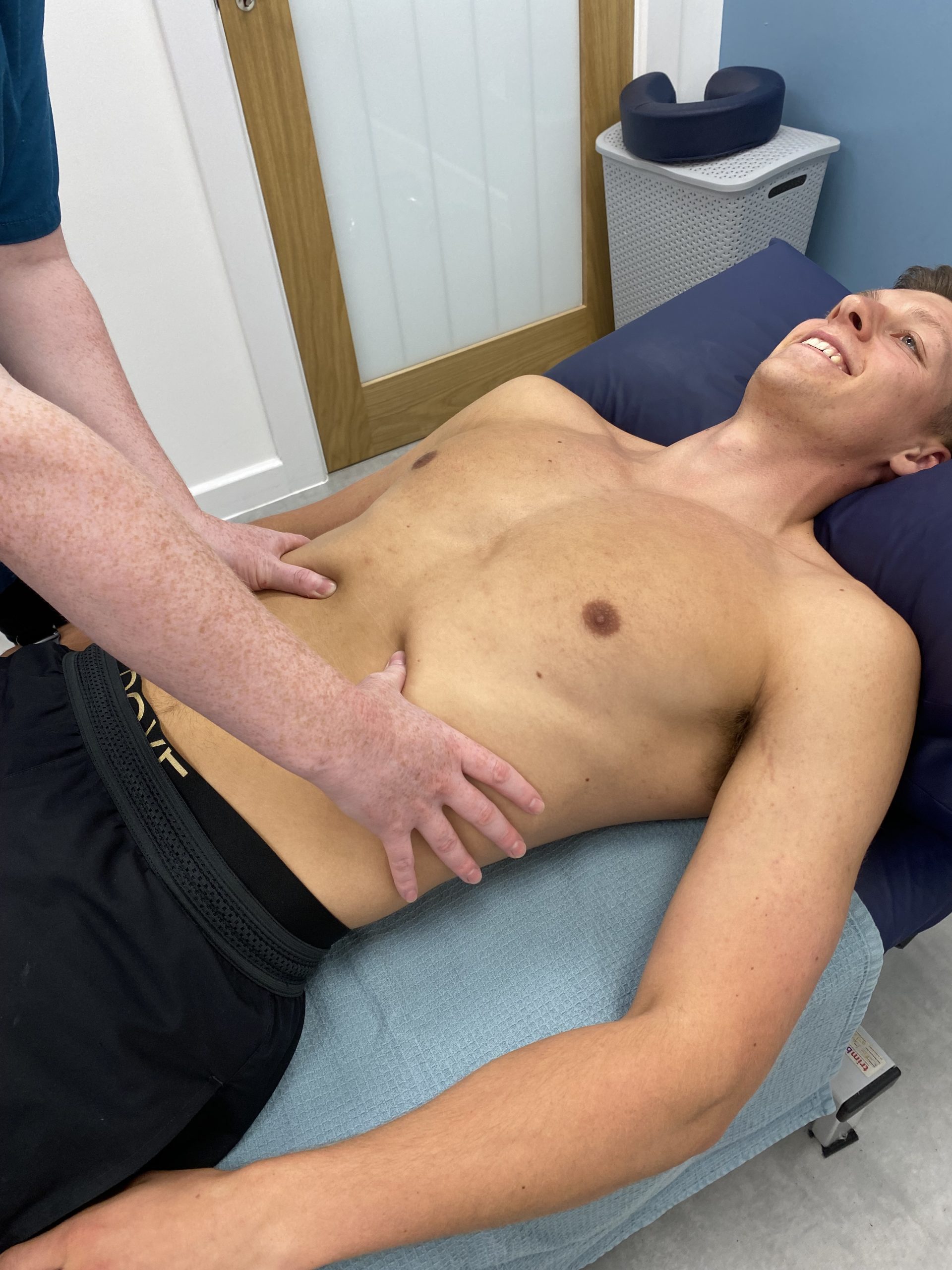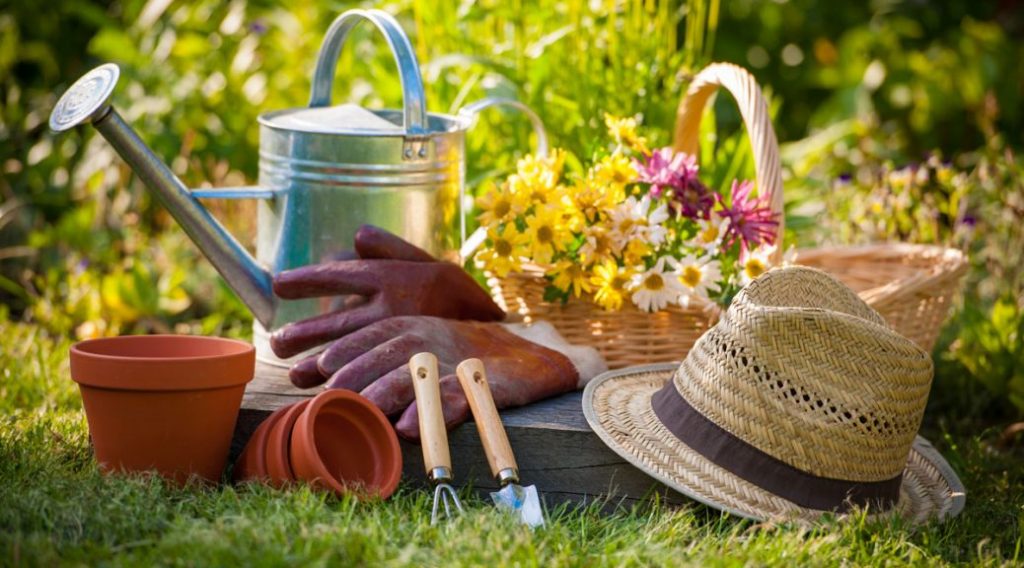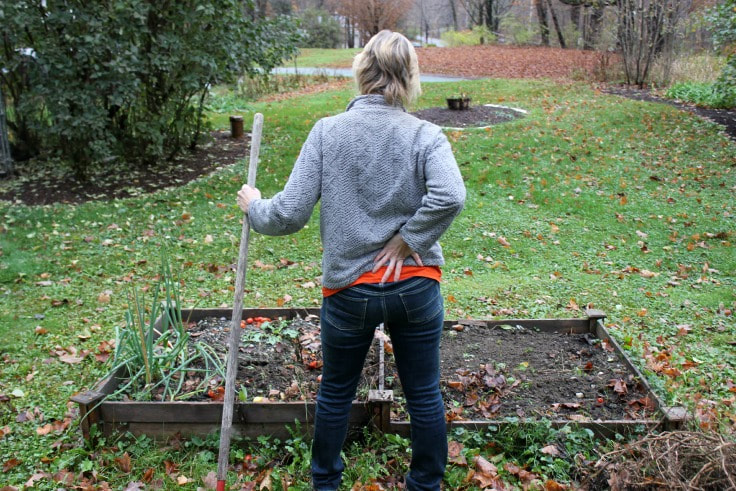

COVID-19 – how Osteopathy could support your rehabilitation post infection.
Disclaimer: This post is based on our clinical findings in patients who’ve had COVID-19, therefore it is mainly anecdotal. Internet links have ben added where appropriate.
The main symptoms of COVID-19 are changing all the time but over the course of the pandemic we’ve seen patients suffering with the musculoskeletal effects of the virus, which have had a profound effect on the way they breath. This, in turn, has a knock-on effect on other areas of the body and even the nervous system. Patterns have continued to emerge in those contracted the virus.
What happens to the musculoskeletal system?
Lung capacity is sometimes reduced in patients who’ve had COVID-19 causing shallow breathing, this reduces oxygen intake leading to post-viral fatigue. This may be exacerbated by a continuous cough. Over time the ribcage may become restricted, and the patient is no longer be able to breath deeply.
Common clinical examination findings in patients who’ve had COVID-19:
- Restriction in the ribcage and back caused by shallow breathing, limiting thorax expansion, and coughing, leading to intercostal muscle tightness/spasm.
- Shortening of the diaphragm muscle (primary muscle of respiration) due to limited ribcage expansion.
- Use of “secondary muscles” of respiration to enable the patient to take a deeper breath. These muscles are found in the neck and upper back; this can lead to tightness/pain in the neck and shoulders due to muscle fatigue and even headaches if the neck becomes restricted.
How can Osteopaths help?
- Retraining and strengthening breathing with exercises and mediation techniques.
- Mobility exercises and stretches for the neck, thorax and lower back to optimise movement through the spine and reduce restriction.
- Hands on treatment using diaphragm stretching and articulation through the ribcage and neck.
- Cranial treatment is sometimes effective rebalancing the nervous system.
What can patients do to help themselves?
- Rest! In the first few weeks after contracting the virus it’s important to rest and recover. Avoid strenuous activity as this will create too much stress on the body.
- Slowly reintroduce exercise, with gentle walking, stretching and breathing exercises.
- Keep hydrated.
- Avoid stimuli such as alcohol, caffeine and sugar. These can be inflammatory and will hinder your body’s recovery.
- Book an osteopathic consultation and see how we can help you.
Everyone responds differently to any virus; many people have experienced all the symptoms of COVID-19 whilst others were completely unaware they had it in the first place. It’s important to understand what you can do to help yourself. The NHS Covid recovery website is a good resource for those looking to tailor their own recovery.
Janine Norris
Abshot Osteopathy

